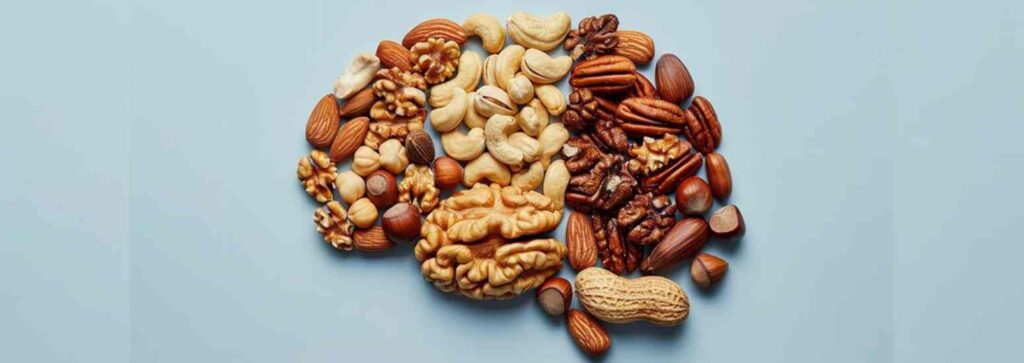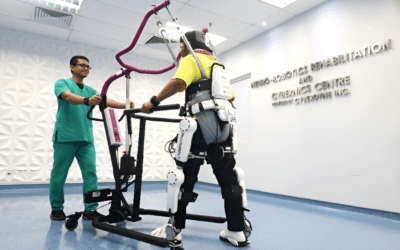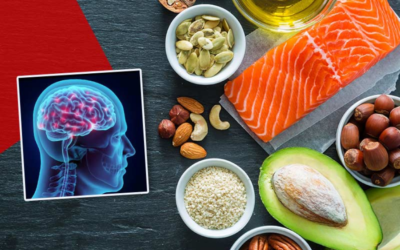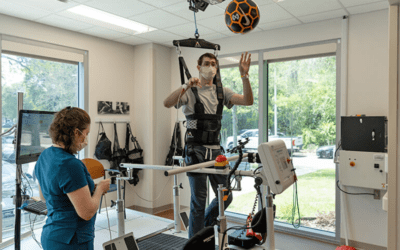The keto diet is a strict and restrictive diet that drastically reduces daily carbohydrate intake. To achieve ketosis, consume 70-80% fat, 20-25% protein, and 5-10% carbohydrates. In contrast, a traditional diet is 55% carbohydrates, 30% fat, and 15% protein. Reducing carbohydrates aims to put the body into a state of ketosis, where it uses ketone bodies to derive energy from fats instead of relying on sugar.
To summarise, ketosis consists of forcing your body to draw on fat reserves for energy, depriving it of its usual source, carbohydrates.
Stick to fatty fish, nuts, and low-carb veggies like greens, tomatoes, and peppers. Avoid wheat-based cereals, white pasta, white rice, many fruits, and sugary drinks.
Low-carb and ketogenic diets have been found to positively impact brain health, particularly in patients with neurological disabilities.

Let’s explore how Keto Diet and Low Carb Diet works and their benefits:
1. Low Carb and Ketogenic Diet:
- Low Carb Diets: These diets restrict carbohydrate intake to 50–130 grams daily. Protein is usually not restricted.
- Ketogenic Diet: Carb intake is limited to 20–50 grams daily, and protein is often restricted. The primary goal is to increase ketone blood levels.
- Ketones: Ketones are molecules the liver produces when carb intake is deficient. They can partly replace glucose as an energy source for the brain.
- The brain still relies on glucose on a standard low-carb diet, but it may burn more ketones than on a regular diet. In contrast, a ketogenic diet makes ketones the primary fuel source for the brain.
2. Myths About Low Carb Diet and Brain Function:
- The myth that the brain needs 130 grams of carbs per day for proper function is inaccurate. Adequate protein and fat intake can sustain brain function even with fewer carbs.
- While a zero-carb diet isn’t recommended, you can eat less than 130 grams of carbs daily without compromising brain health.

3. How Low Carb and Ketogenic Diet Supply Energy for the Brain:
- Ketogenesis: When glucose and insulin levels are low, the liver produces ketones from fatty acids. Ketones become an alternative fuel source for the brain.
- Gluconeogenesis: The liver can also produce glucose from non-carbohydrate sources. Ketones are especially important during fasting or when carb intake falls below 50 grams per day1.
4. Specific Benefits for Neuro Disabilities:
- Epilepsy: About half of adult patients following the classic keto diet experience at least a 50% reduction in seizures. Modified versions of the diet also work for some.
- Alzheimer’s Disease (AD): Ketone bodies act as neuroprotective agents, raising ATP levels, reducing oxidative stress, and enhancing synaptic function. Caloric restriction (which induces ketosis) also has neuroprotective effects.
- Other Neurological Disorders: The ketogenic diet influences inflammation, mitochondrial function, and neuronal metabolism, providing an alternative energy source for neurons4. Low-carb and ketogenic diets offer brain health benefits beyond weight loss and diabetes management.
Consult a healthcare professional before making dietary changes, especially for patients with neurological conditions.



